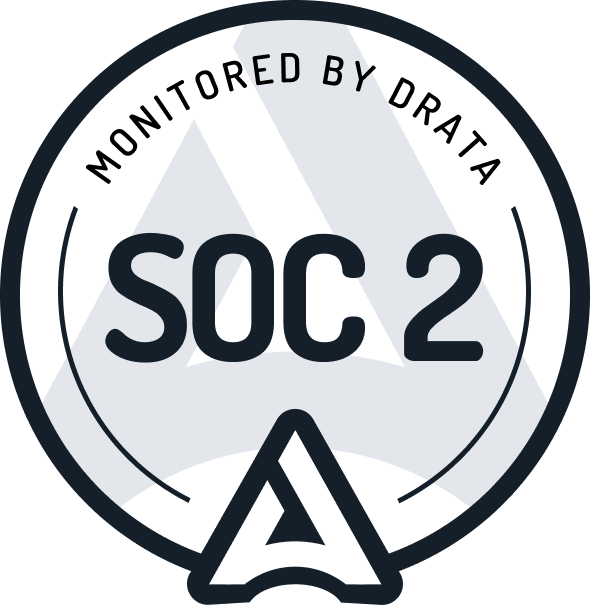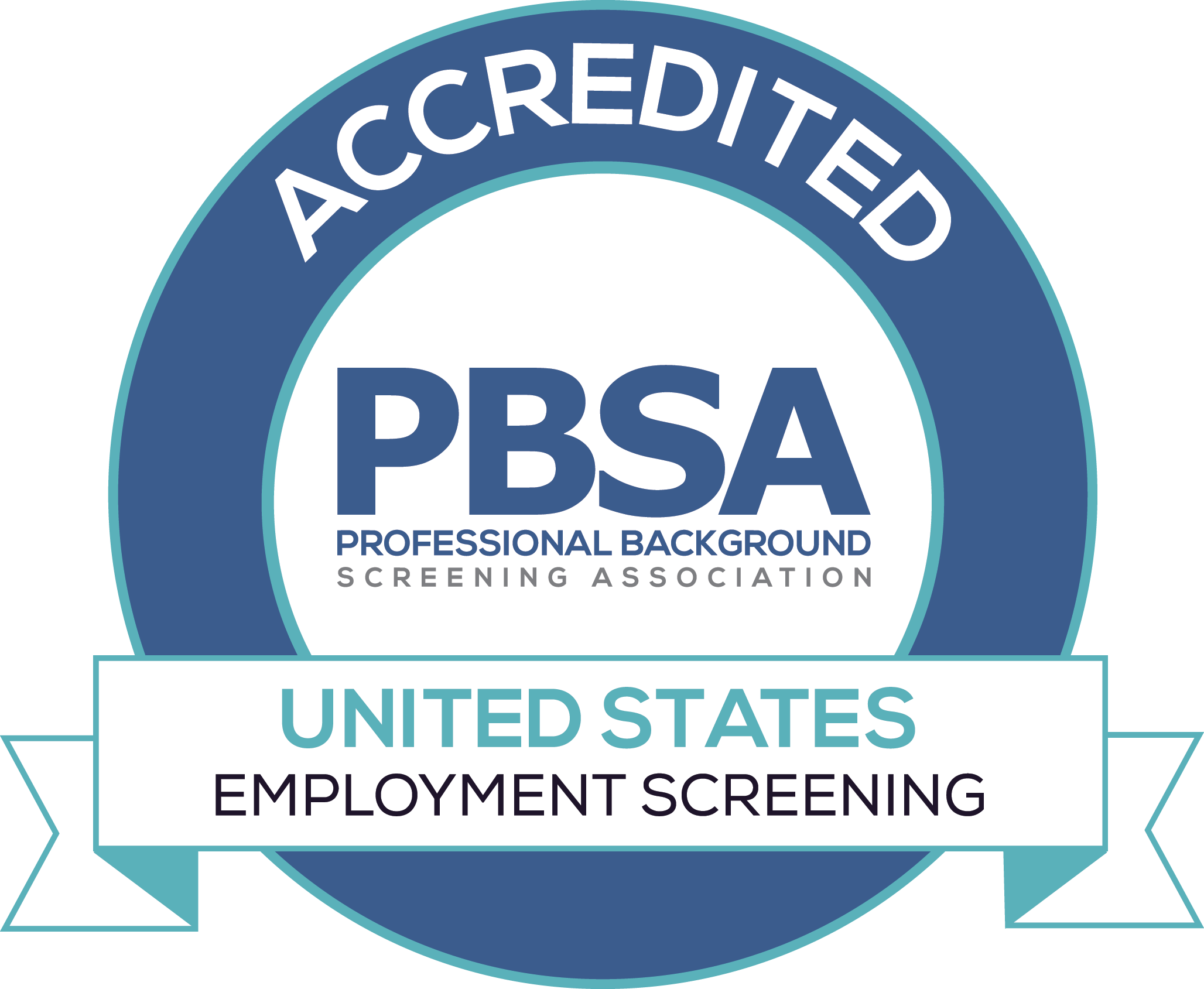September 12th, 2019
Colorado has joined the ban-the-box legislative trend. Ban-the-box laws prohibit employers from asking applicants about criminal history on the employment application, thereby banning the once-common checkbox for applicants to disclose their ex-convict status. These laws also generally impose other restrictions on the collection and use of criminal history in the recruitment process. With the enactment of the Colorado Chance to Compete Act (H.B. 19-1025) (CCCA) on May 28, 2019, Colorado has become the 32nd jurisdiction to enact a ban-the-box law that applies to private-sector employees. Adding additional protections for applicants with criminal histories, Governor Polis simultaneously signed H.B. 19-1275, which restricts inquiries about applicants’ sealed and expunged criminal records.
Colorado has joined the ban-the-box legislative trend. Ban-the-box laws prohibit employers from asking applicants about criminal history on the employment application, thereby banning the once-common checkbox for applicants to disclose their ex-convict status. These laws also generally impose other restrictions on the collection and use of criminal history in the recruitment process. With the enactment of the Colorado Chance to Compete Act (H.B. 19-1025) (CCCA) on May 28, 2019, Colorado has become the 32nd jurisdiction to enact a ban-the-box law that applies to private-sector employees. Adding additional protections for applicants with criminal histories, Governor Polis simultaneously signed H.B. 19-1275, which restricts inquiries about applicants’ sealed and expunged criminal records.
Overview of the New Colorado Law
Like other ban-the-box laws, these Colorado bills were drafted, in large part, to reduce under-employment among ex-offenders. As the CCCA’s legislative findings state: “Previous involvement with the criminal justice system often creates a significant barrier to employment in that applicants with criminal histories are less likely to be considered for an available job when that information is included on an initial job application.” Ban-the-box legislation attempts to improve employment opportunities—and thereby decrease poverty, homelessness, and recidivism—by reducing the chance that employers will reject ex-offenders based solely on criminal history disclosed in the job application.
Although all ban-the-box laws prohibit inquiries about criminal history on a job application, they vary widely in the extent of restrictions placed on criminal history background checks. By containing only three restrictions, the CCCA is among the least restrictive of these laws. The CCCA prohibits employers from:
Placing statements that individuals with criminal history may not apply on:
job advertisements; and
employment applications; and
Inquiring into, or requiring disclosure of, an applicant’s criminal history on an initial employment application.
In addition, H.B. 19-1275 prohibits employers from inquiring into, or requiring the disclosure of, an applicant’s sealed or expunged criminal history in a job interview or job application.
The Timing Restriction
The CCCA’s core restriction is the prohibition on inquiring into criminal history on the job application. Even this restriction is relatively mild, however. The statute prohibits only the criminal history question on the initial application and explicitly states that an employer “may obtain the publicly available criminal background report of an applicant any time.” This suggests that an employer may require applicants to authorize a criminal history check by the employer’s background check vendor contemporaneously with submission of the job application.
Most other ban-the-box laws require employers to wait until later in the application process to ask about criminal history. In fact, only three other jurisdictions—Connecticut, Massachusetts, and Westchester County (New York)—allow criminal history inquiries after the initial application. Some jurisdictions—e.g., Rhode Island—require employers to defer the criminal history question to the first interview. In the most restrictive jurisdictions, employers cannot inquire into applicants’ criminal history until after extending a conditional offer of employment. These jurisdictions include, for example, California, New York City, and Philadelphia (Pennsylvania). Due to the broad array of timing restrictions, many national employers simply delay all criminal history inquiries until after the conditional offer of employment in order to maintain a uniform background check process.
Non-Timing Restrictions
Many other laws that ban the box contain a lengthy list of other restrictions on the criminal background check process. California is an example of a jurisdiction with particularly tough restrictions on criminal background checks. Some of the steps required by California’s ban-the-box law include the following:
California employers must conduct an individualized assessment of an applicant’s criminal history.
If the California employer is considering rejecting the applicant based on criminal history, the employer must provide the applicant with a written notice that includes a list of the convictions that could be the basis for a rejection.
The applicant must then be given up to 10 business days to respond before the employer makes a final decision.
The California employer must notify the employee in writing of rejection, including notification of any existing procedure the employer has to challenge the decision, as well as notification of the applicant’s right to file a complaint with California’s Department of Fair Employment and Housing.
The laws in other jurisdictions, such as New York, Philadelphia, and Seattle, share many of these restrictions, as well as adding their own unique requirements.
In contrast, Colorado’s law does not require an individualized assessment and does not govern the actions an employer must take before denying an applicant a position based upon criminal history.
Although Colorado’s law is relatively lenient, Colorado could still see tougher ban-the-box legislation in the form of local ordinances. Some of the strictest legislation in this area has been enacted in cities, for example, Los Angeles, New York City, San Francisco and Seattle. Notably, the CCCA does not preempt local jurisdictions from passing more stringent rules.
Scope
The CCCA’s scope is relatively broad. The law defines an “employer” as any “person that regularly engages the services of individuals to perform services of any nature.” This definition arguably means that employers must comply with the CCCA when requiring individuals who are independent contractors to complete an application before being engaged. In addition, the following entities are explicitly covered by the law:
An agent, representative, or designee of an employer; or
An employment agency, as defined in C.R.S. § 24-34-401.
This definition likely means that an employer may be held responsible if it hires a recruiter or staffing company that does not comply with the Act.
Further, the law does not provide an explicit geographical limitation. Therefore, applicants located outside Colorado likely are entitled to the CCCA’s protections when applying for a job with a Colorado employer.
Exceptions
Like all other ban-the-box laws, the CCCA exempts positions for which a federal, state, or local law requires criminal history checks or prohibits the hiring of persons with specific criminal history. Therefore, airline pilots, teachers, and other employees who are required by law to undergo a background check to qualify for a position may still be asked on an initial application about their criminal history. Additionally, the statute provides an exception for programs that encourage the employment of individuals with criminal history. Thus, an employer that has created a program that seeks to hire ex-offenders is not prohibited from requesting that applicants disclose their criminal history on an initial application.
Enforcement
The Act does not create a private right of action. Instead, the Colorado Department of Labor and Employment (CDLE) is charged with enforcing the CCCA. The CDLE may only investigate complaints filed within 12 months of the alleged violation. For every violation, the CDLE has the authority to issue an order requiring compliance within 30 days. If the CDLE finds a first violation by an employer, it will issue a warning with no civil penalty. For a second violation, the CLDE may impose a $1,000 fine and all subsequent violations are punishable by a $2,500 fine. Additionally, the CCCA does not create a protected class under employment anti-discrimination laws.
Effective Dates
The Act will come into force on September 1, 2019, for employers with more than 10 employees and on September 1, 2021, for all employers. H.B. 19-1275 takes effect on August 2, 2019.
Next Steps for Employers
Employers that hire in Colorado should consider:
Reviewing their job advertisements and applications for statements excluding applicants with a criminal history;
Removing inquiries about criminal history from the employment application; and
Reviewing, if they are multistate employers, the application process for compliance with ban-the-box legislation applicable to each jurisdiction in which they hire.

With more than 1,500 labor and employment attorneys in offices around the world, Littler provides workplace solutions that are local, everywhere.
Read more news and analysis here: https://www.littler.com/news-analysis
Company
Background Checks




